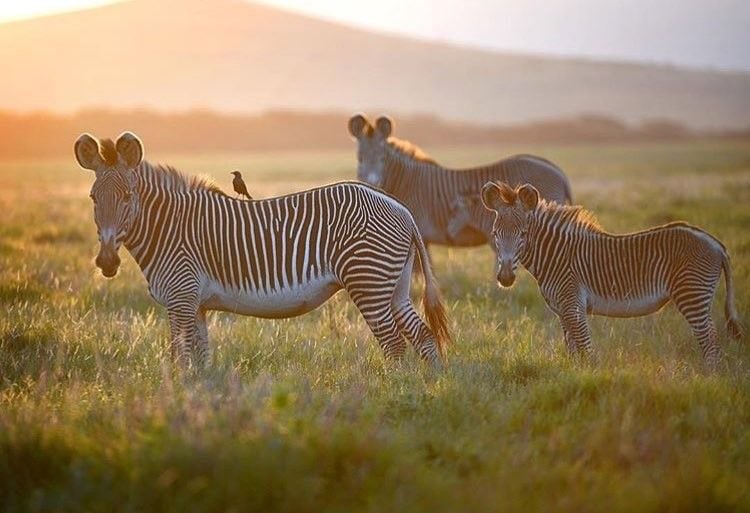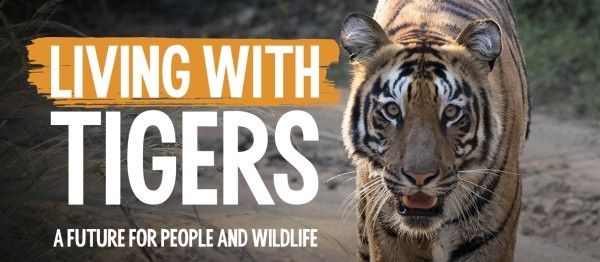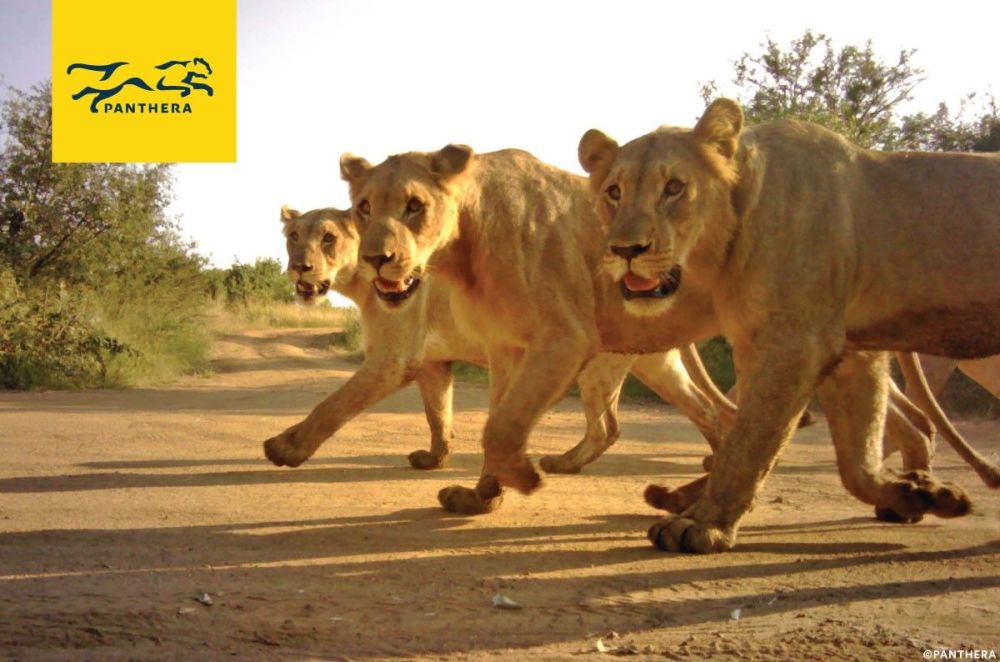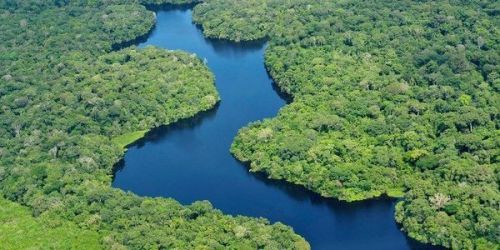Good News on Rhinos and Zebras from the Lewa Wildlife Conservancy
Posted on
|
The Lewa Wildlife Conservancy had much to celebrate at the end of 2018 so I thought I'd pick out two things which they are celebrating to tell you about :-) The Conservancy is located at the foothills of Mount Kenya, and it works to protect and manage of species, initiate and support community conservation and development programmes, and educate neighbouring areas in the value of wildlife. So here are a couple of successes Lewa had in 2018 17 Rhino Births and ZERO poaching With their landscape partner Boran Conservancy, Lewa is now home to over 170 rhinos! They are looking forward to reaching the 200 rhino milestone! The rhinos moved from Lewa to the Sera Community Conservancy are also thriving with rhino birds and no poaching.
The plan is to remove fences between Lewa, Borana and Il Ngwesi Community Conservancy so that there's a secure space for their growing population. Increase in the survival rate of Grevy's zebra foals Previoulsy, predation lessened the number of foals who survived into adulthood. This slowed population growth. The good rains in 2018 provided healthy pasture needed for the foals and other wildlife to survive and thrive. There are just 2,800 Grevy Zebra left in the world, and 11% are found on Lewa, so this increase is important.
Lewa has also been busy educating 400 Northern Kenya students, teaching them about land degradation and human-wildlife conflict and what they can do to address these challenges. In 2018, 400 students and their teachers visited Lewa and they received lessons on things such as reforestation, water harvesting and wildlife protection. |
| Find out more about the Lewa Wildlife Conservancy and how you can help |
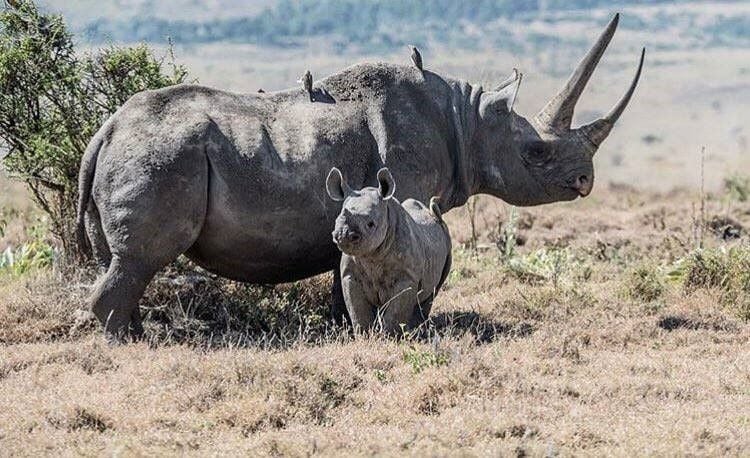 There were 17 rhino births in 2018
There were 17 rhino births in 2018